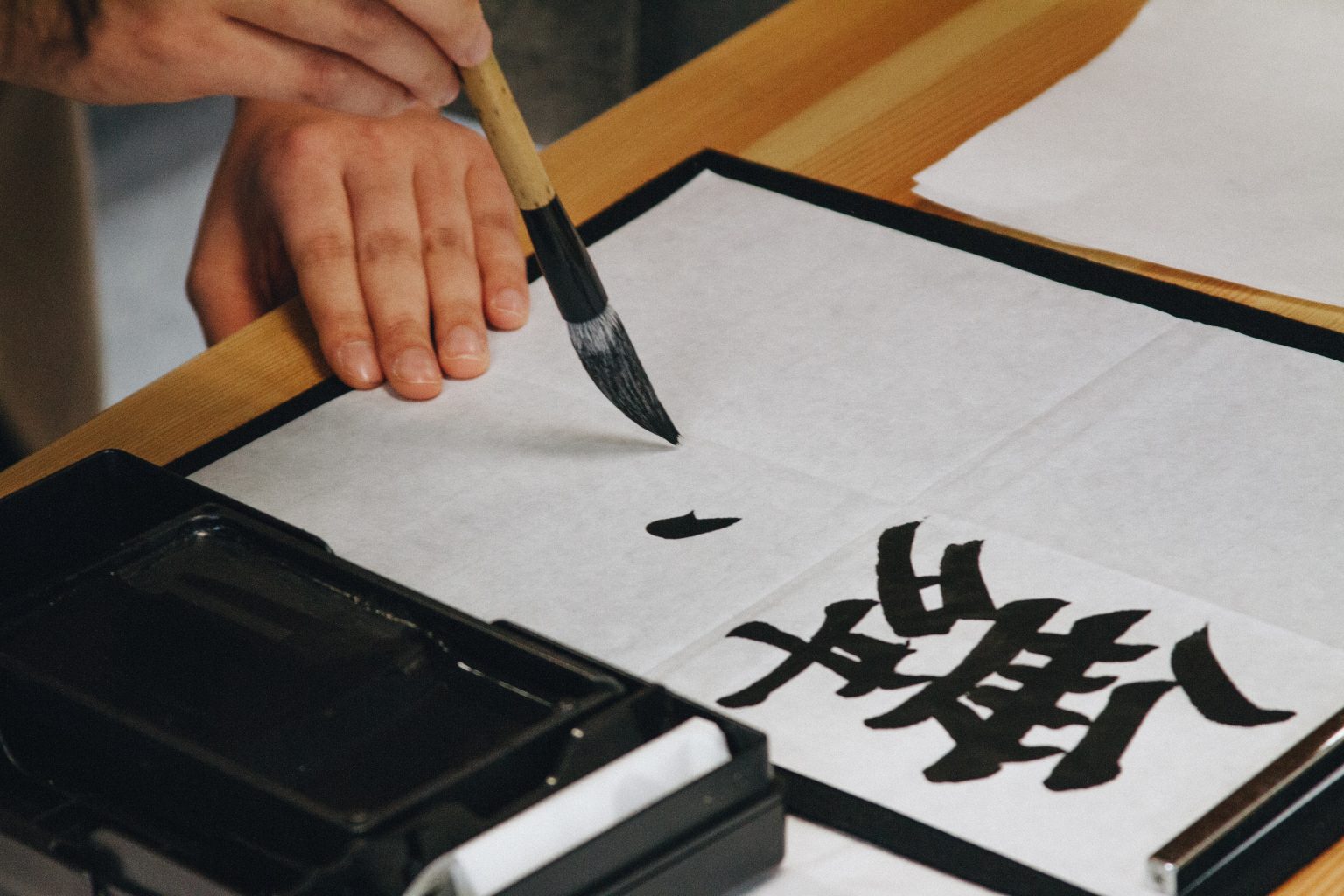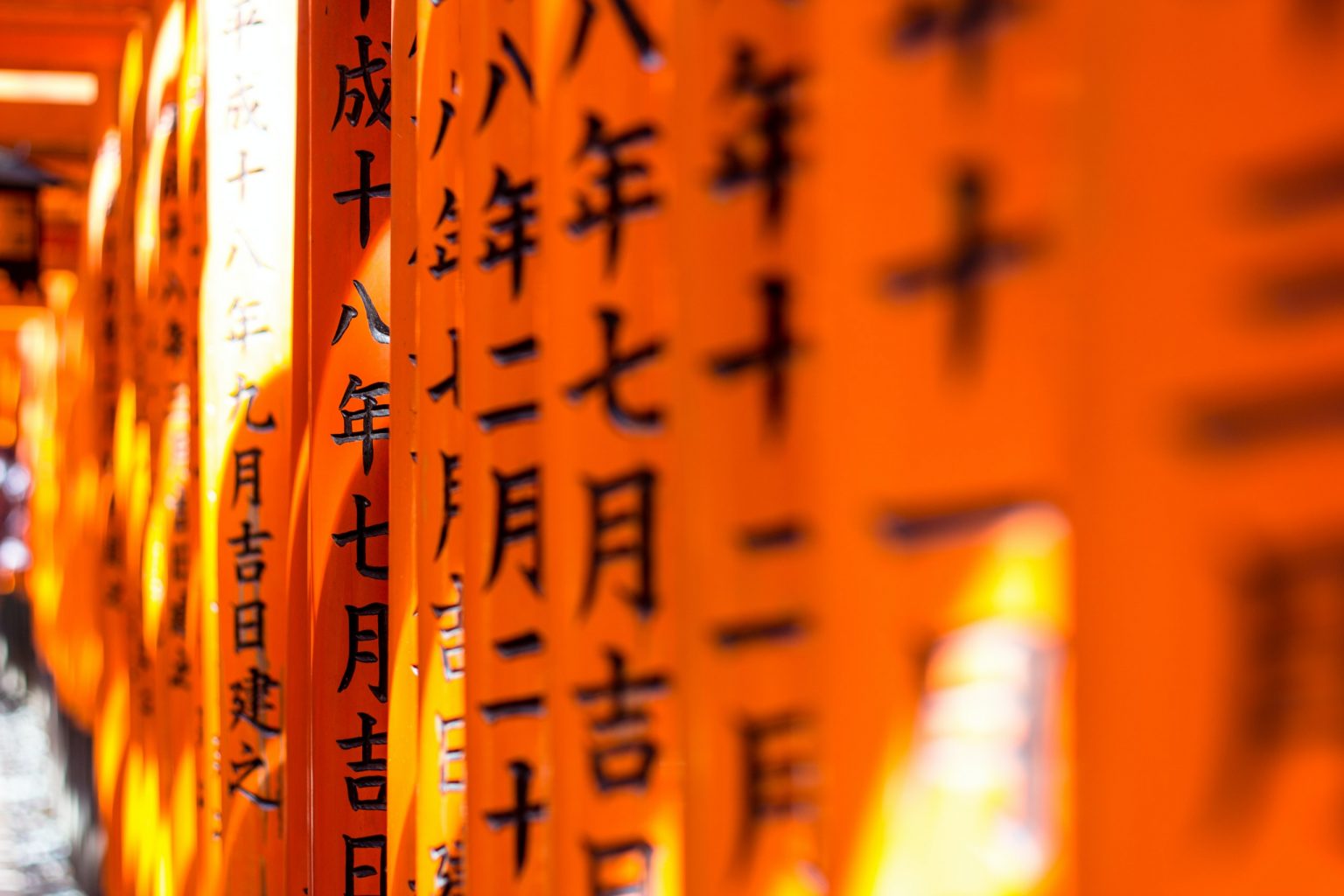Understanding that Japanese is already one of the most challenging languages to learn, it’s helpful to know where you can go wrong in your pursuit. We know that learning any language can be trying, but it becomes infinitely more complicated if you aren’t accustomed to using certain sounds or symbols.
Being aware of five critical mistakes that people make when starting can save you time and effort. If you want to know how to learn Japanese successfully, keep reading to find the common errors of the process.
Learn Languages Online
Meet Amphy
The largest marketplace for live
classes, connecting and enriching
humanity through knowledge.


